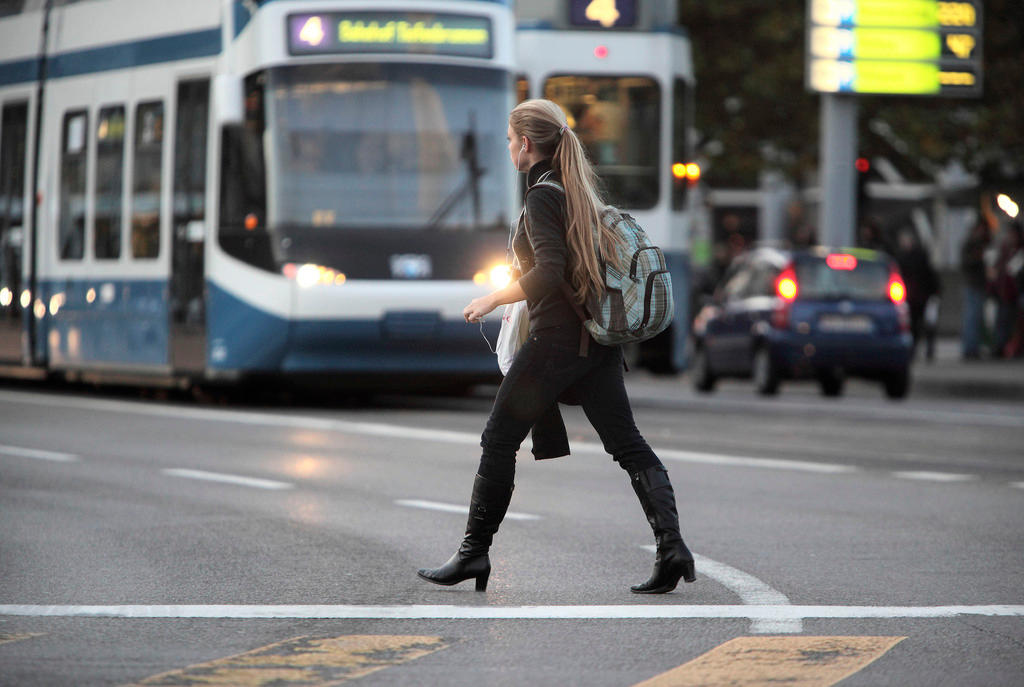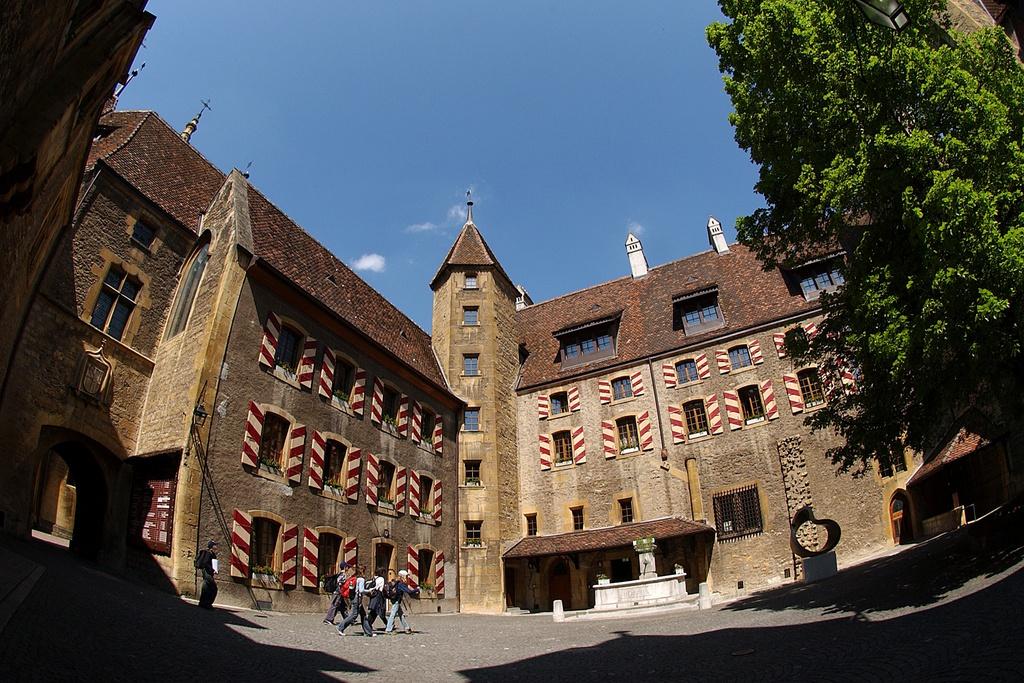Is Switzerland’s double-majority system outdated?

A new study shows that the political divide between French- and German-speaking Switzerland is fading, while differences between urban and rural areas are intensifying.
Swiss Federal Institute of Technology Lausanne (EPFL) researcher Shin Alexandre Koseki mapped 30 years’ worth of Swiss voting results by municipality to reach his conclusions, which he says, “show that our understanding of the regional dimension of individual and collective political action is outdated”.
“The divide between French- and German-speaking Switzerland has been losing relevance over the past 10 years,” Koseki said in a statement on Tuesday.
“In the 1980s, Swiss politics was marked by extensive fragmentation between language regions and cantons. Since the year 2000, however, local populations in all regions have increasingly voted along the same lines. People commute more, and there’s more interaction between people. People living in the big cities thus share the same interests and even the same values.”
In addition to his voting maps, Koseki used network analysis to show political connections between different local populations, as well as how those connections change over time. Instead of polarisation based on language regions, chief differences now appear between major Swiss cities, French-speaking Switzerland, and eastern Graubünden on the one side, and the suburbs and rural areas of German-speaking Switzerland on the other.
Koseki says that his results suggest that large cities in Switzerland should coordinate better to further their shared interests.
“This type of map challenges the rationale behind the double-majority system, because the actual weighting of major urban centres is not represented in federal votes,” he says.
Voting in Switzerland
The Swiss vote about four to five times per year. Switzerland’s political system of direct democracy includes a double-majority voting requirement, which means that in order for an initiative or mandatory referendum to pass, both a majority of voters and of cantons must support it.
An initiative allows any citizen to propose new legislation, and the person or interest group proposing an initiative must gather at least 100,000 signatures supporting it before it is put to a nationwide vote.
A referendum is a popular vote called to challenge a piece of legislation already approved by parliament, and 50,000 signatures must be gathered within 100 days of the publication of the legislation in question. A mandatory referendum occurs when the legislation involves an amendment to the constitution, or if the government is proposing that Switzerland sign a major international agreement.

In compliance with the JTI standards
More: SWI swissinfo.ch certified by the Journalism Trust Initiative



You can find an overview of ongoing debates with our journalists here. Please join us!
If you want to start a conversation about a topic raised in this article or want to report factual errors, email us at english@swissinfo.ch.